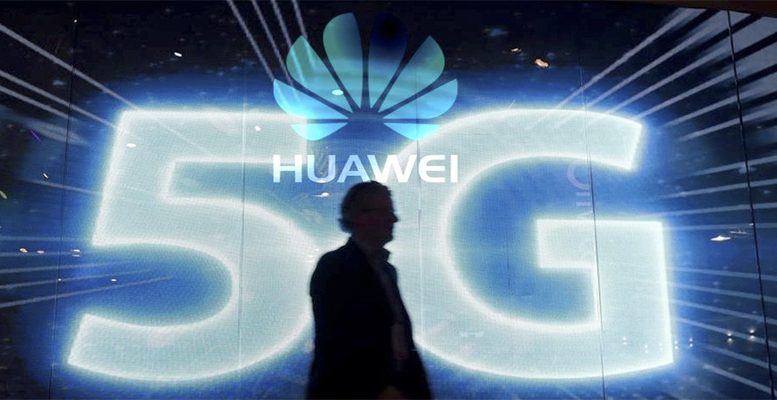 The US government argues that Huawei has built “backdoors” in the technology
The US government argues that Huawei has built “backdoors” in the technologyLast night the US Justice Department announced criminal charges against Chinese telecommunications company Huawei. These focus on the theft of intellectual property from the US and evading US sanctions against Iran. At the same time, Huawei’ s chief financial officer, Meng Wanzhou is awaiting extradition from Canada to the US, and the US government has launched a ferocious campaign to persuade allies not to adopt Huawei’s 5G mobile phone technology. So far US actions against Huawei have led to a sharp deterioration in relations between Canada and China, the detention of three Canadian citizens in China as hostages against the safe return of Meng Wanzhou (not to mention another whose sentence for drug trafficking has been increased to death) and a sharp reduction in the prospects of an agreement to avoid an escalation of the US-China trade war in March. Given the potential, and real, downsides, why the fury of the US campaign against Huawei, and why now?
The answer lies in the campaign to persuade allies not to adopt Huawei’s 5G technology. The US government argues that Huawei has built “backdoors” in the technology, allowing the Chinese intelligence and security services to access 5G systems (much as the US intelligence services would love US companies to do). But this is only cover. The real reason lies in international standard setting and the extent to which the US government dropped the ball. It also reflects the dangers of leaving cyberspace to technicians and technical experts.
In the past the international standards for new digital technologies and systems have been developed and set primarily in the US (and to some extent Japan). This reflects the US lead in innovation in and development of digital technologies. International standards meetings were dominated by US technicians and technical experts, from both industry and government. Few if any Chinese attended, and then at only a very technical level. This changed with the elevation of Xi Jinping as China’s President and the launch of the “Made in China 2025” campaign, aimed at digital and technological self-sufficiency by that year. Suddenly hundreds of Chinese officials and technicians started flooding international standards meetings. The immediate focus was on 5G mobile phone technology. While the standards development and setting for the first phase of 5G remains dominated by US and Japanese companies, Huawei centre its efforts on developing the technological and industry standards for the more important phase 2, which focuses on linking up devices rather than humans – essentially the internet of things.
The US technicians and technical experts attending the international standards meeting missed the geopolitical and symbolic implications of this. It did not feature on the national security radar of the US, until almost too late. With Huawei already promoting its 5G phase 2 technology, which is both cheaper and more effective than the alternatives, Uncle Sam suddenly woke up. For the first time there was the possibility of a digital industry standard being set not only by a country that was not the US (or a close ally), but by America’s principle geopolitical rival. The Trump administration has clearly decided that this must be prevented at all costs. Hence the lobbying of close allies on security grounds, with the implications that adopting the Huawei technology and standards will undermine future security collaboration with the US. But this will be effective only with close allies and those dependent on US security collaboration. Even some allies, eg New Zealand, seem unwilling to give up on the advantages of Huawei’s technology. In developing countries, this approach has little prospect of success. So it must be accompanied by a brutal assault on Huawei itself.
In my forthcoming book, Cyberdiplomacy: Managing Security and Governance in Cyberspace, I argue that cyberspace is too important, and volatile, to be left to technicians. Diplomats and diplomacy are needed to manage the problems that cyberspace is generating. Huawei is a classic example of what goes wrong when the diplomats are absent. The US government’s technical experts (and those of other western governments) missed the importance of what China and Huawei were up to. The US government is now having to play hard ball to recover lost territory, taking considerable risks with international political and economic relations in the process. Huawei may well be guilty of the charges laid against it by the US Justice Department. But that´s not the real point. The real point is to stop China setting international standards in new digital technologies.







